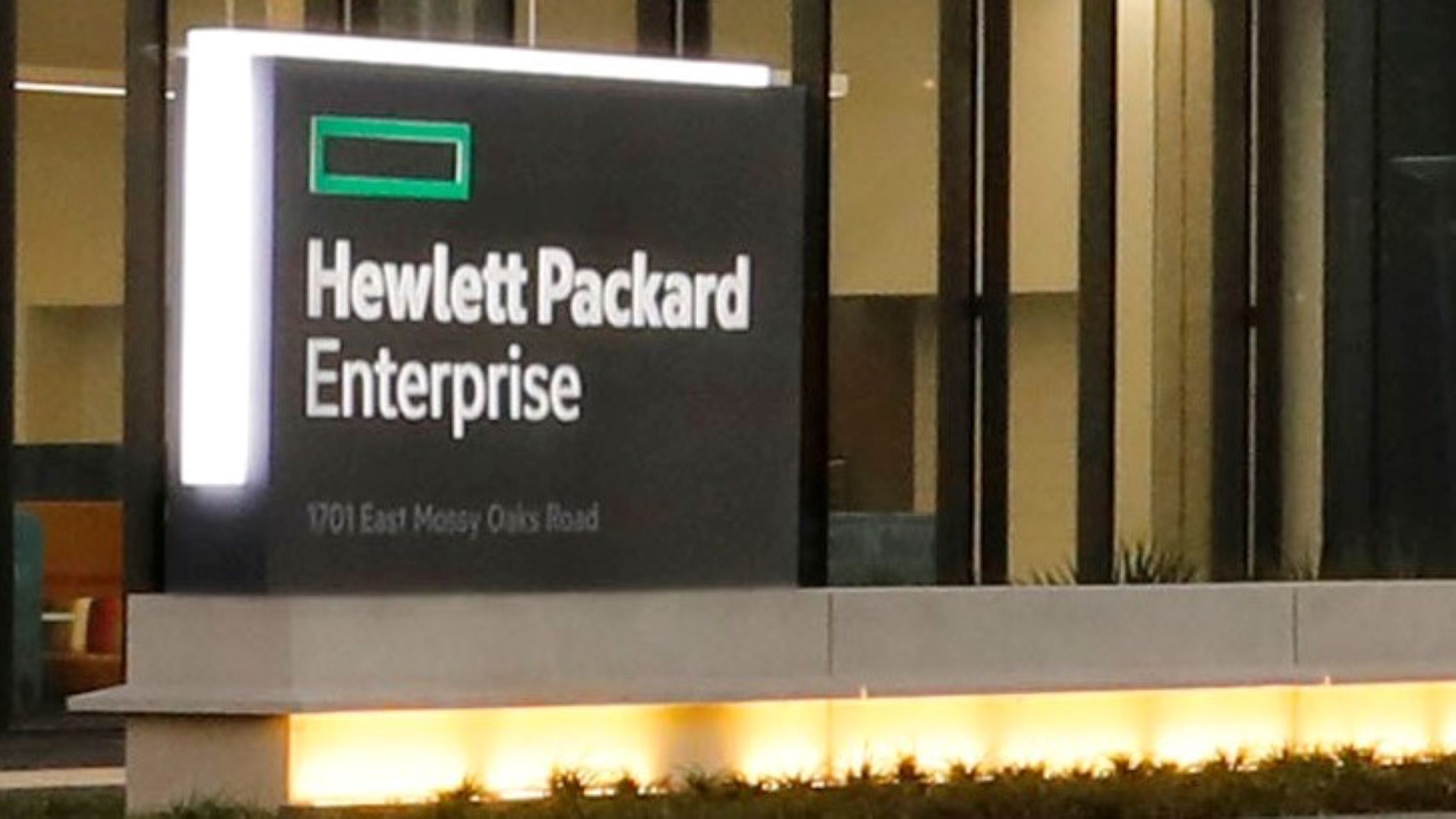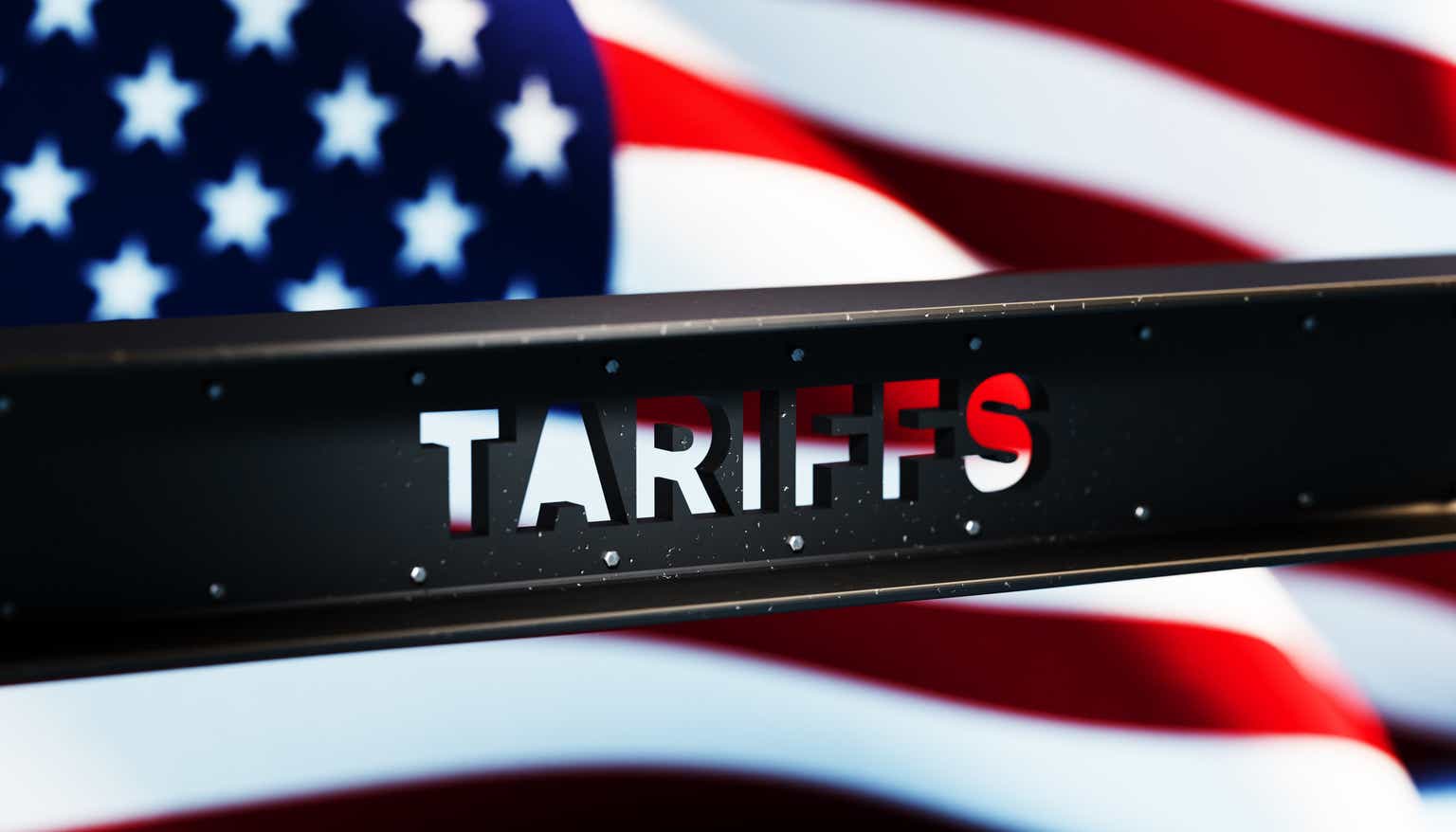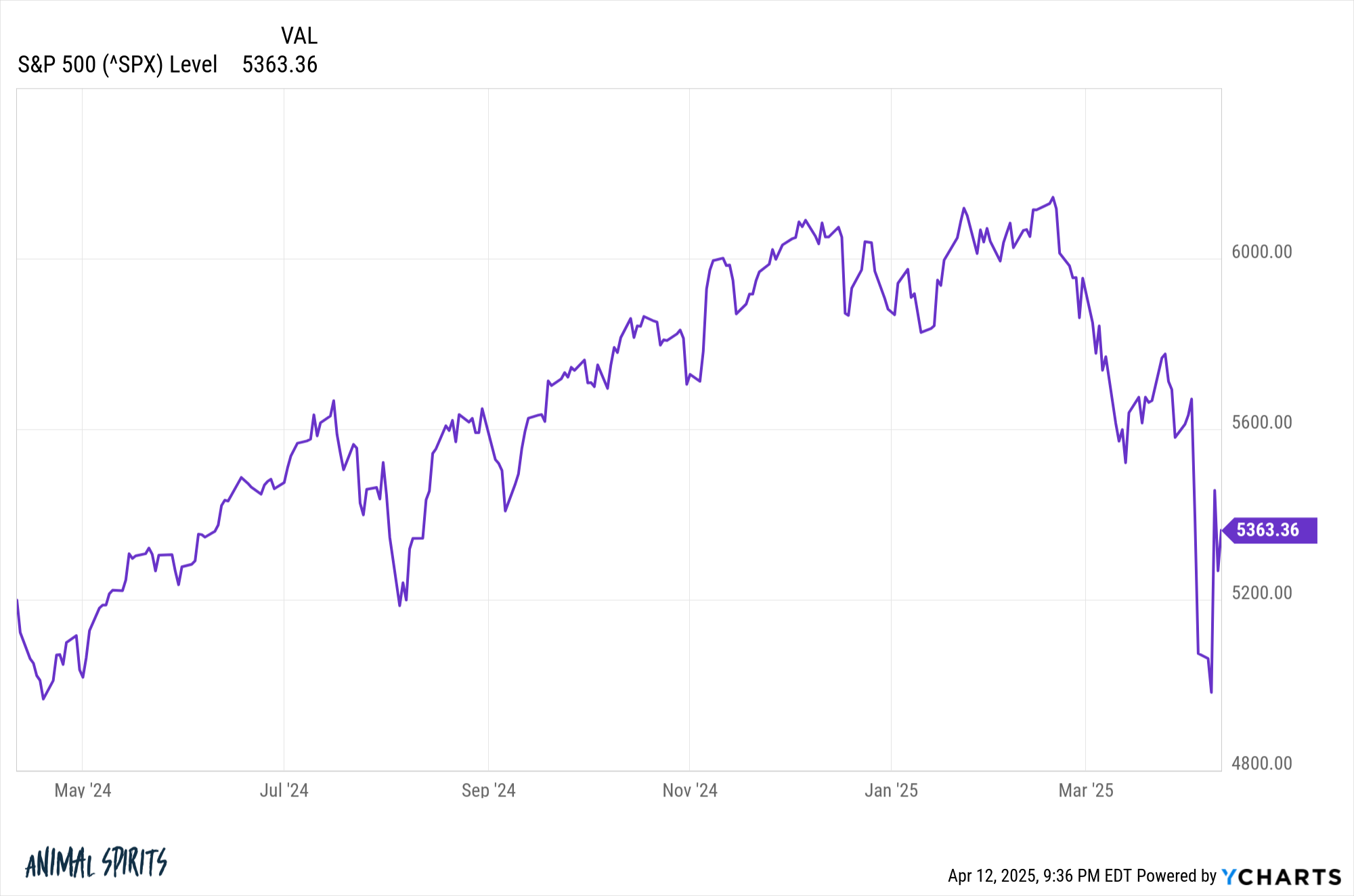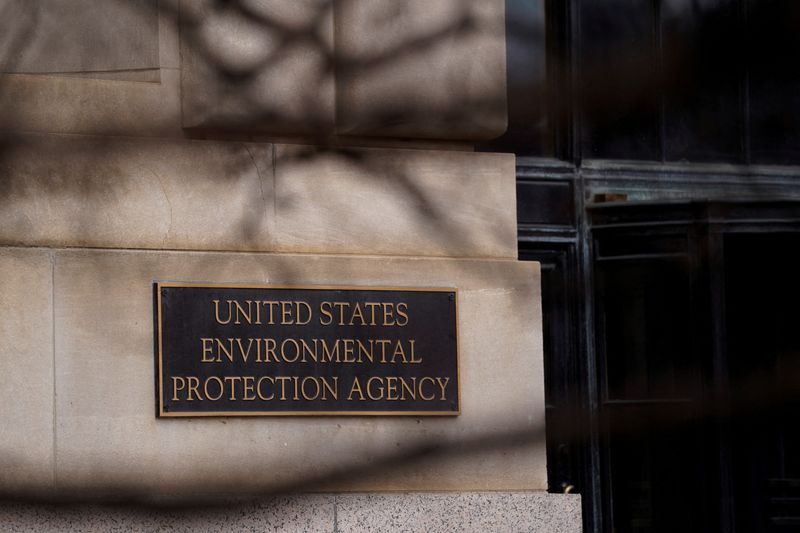EXCLUSIVE: DEI continues to dominate the 2025 proxy season but shareholders are less willing to engage
Anti-DEI proposals have skyrocketed since 2023, but support remains extremely low.

As DEI has become a political lightning rod over the past few months, previously humdrum shareholder votes around diversity and inclusion have become major events. Apple, Costco, and John Deere, for example, all dealt with high-profile resolutions on anti-DEI proposals this year.
But while the idea of DEI continues to dominate the public discourse, shareholder willingness to engage on all DEI proposals—both for and against—has been steadily declining since 2021, according to a new report from The Conference Board, ESGAUGE, Russell Reynolds Associates, and The Rutgers Center for Corporate Governance.
At the peak of DEI proposal activity in 2021, more than half of proposals never made it to a vote because business leaders negotiated withdrawals. Of those that did make it to a vote, around 10% passed, according to the report. But in 2024, although more than 70% of DEI proposals made it to a vote due in part to an SEC rule change, none secured majority support. And overall support from DEI proposals in general has dwindled from 36% in 2021 to around 16.5% in 2024.
The report attributes the drop in general DEI-focused proposal support to improved corporate practices that reduce the need for shareholder action, proposal fatigue, a newly risky political and legal environment, and guidance from leading proxy advisors recommending against them. Another reason may be the way these proposals are being written, Rich Fields, head of the board effectiveness practice at Russell Reynolds Associates, tells Fortune.
“I think that a lot of proposals more recently have trended towards less generally acceptable language, [and] more [towards] prescriptive requests and requirements,” he says. “There are a large number of shareholders who might be sympathetic to the underlying issue behind the shareholder proposal, but quibble with the specific language.”
There’s also very little support for anti-DEI shareholder proposals in particular, which have risen sharply since 2023. Around 6% of all shareholder proposals in 2022 were anti-DEI, according to the report. That number rose to 23% in 2024. Although these proposals are often the most visible, they consistently garner shareholder support in the single digits—around 2% on average in 2024. The report notes, however, that “passage is rarely the primary objective. Instead, these proposals function as strategic tools to exert influence through.”
That doesn’t mean, though, that they don’t pose a challenge for companies trying to navigate a challenging time. “Many companies are grappling with how to maintain their underlying commitments,” Andrew Jones, principal researcher at The Conference Board, tells Fortune. “How do you satisfy your core stakeholder audiences, while also adhering to an evolving legal environment and evolving political environment, evolving cultural environment where terminology or certain terms, are no longer in vogue? It’s a really complex challenge.”
Fields advises companies to think long and hard about their corporate identity, separate from the current political climate.
“It’s always prudent to really think things through, rather than attempting to reflexively meet a moment,” he says. “I think that the companies that took the time on the front end to consider these factors in a longer term way, have been more comfortable and confident.”
This story was originally featured on Fortune.com





































































































































































